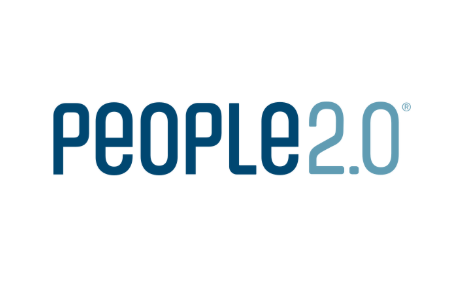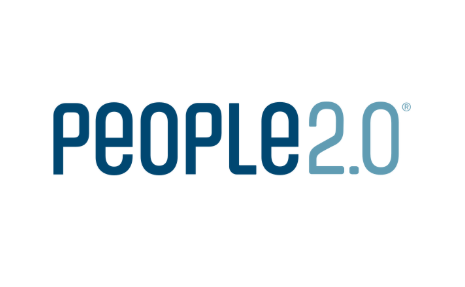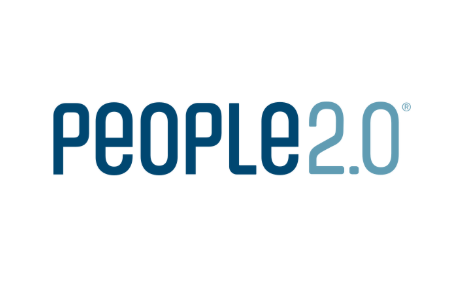To discuss your needs and how we can support you -
request a callback using the form below.
- Results:
Percipient: Creating a Winning Culture
Percipient’s Katie Maw looks at how recruiters must embrace change management to optimise digital investment and fend off fierce competition
A global skills crisis, shifting market dynamics, and mismatch between job openings and candidate availability continue to paint a complex picture for recruiters.
According to research, more than half of industry players are confident about growth potential. However, 67% face increased rivalry as firms compete to win business in a market that demands innovation and adaptability.
Digital at the core
While there is a clear opportunity, in order to ensure they fully capitalise on this growth to build market share, recruitment firms need to build the right organisational cultures for the long term.
In navigating this rapidly changing landscape, digital is integral, with finance being a key area of investment. However, many technology projects have lacked the change management and cultural shift necessary to truly instil the right processes, values and priorities. Testament to this gap is that 44% of recruiters believe their teams lack the necessary skills to adopt new technologies effectively.
Real-time intelligence
There are a number of reasons for this, but it’s not unusual for recruitment firms to use outsourced finance resources and external management accountants. While this can be an effective model on some levels, it can result in a disparate approach. Delays in accessing reports, and multiple systems in play can impede information flow and real-time intelligence.
But adopting modern digital capabilities while continuing to do things the way they’ve always been done will inevitably curtail potential benefits and lengthen the transformation.
A new mindset
Moving to a modern, dynamic and intelligent way of financial management needs to bring people along with it. The latest systems represent a new approach to financial management. Built around real-time intelligence and easy, dashboard-centric reporting, they call for a new mindset and new culture.
Five steps to project success
In our experience, there are a number of steps recruiters can take to ensure change management is woven into the fabric of a project from the outset:
- Secure buy-in from the executive team and project sponsors.
A dedicated project team should be established from the very beginning to provide input, champion progress, and encourage adoption from the wider business.
It might be that phase one is about shrinking month-end, or using the efficiency gains to experiment with reports. Phase two might look at how the additional intelligence within the system can be used to bring value to board meetings and planning. And phase three often focuses on deeper levels of analysis to really understand how anomalies or patterns can be addressed to mitigate risk, and embrace new opportunities. - Set out realistic goals and timeframes.
These should be monitored by ensuring regular reviews and check-ins to ensure project personnel and every milestone remains on track.
A good example of this is in encourage user adoption amongst sales teams. In recruitment, we often observe that commission-centric roles can be reluctant to spend commission-earning hours on data input.
Updating systems can therefore become a non-priority very quickly. In this instance, it is crucial to establish an understanding of the relationship between better insights and commission/profitability early on amongst those groups to secure the right behaviour and habits. - Celebrate early wins.
In maintaining continued buy-in and motivation, it’s imperative to shout about successes, however small they may seem in the context of the overall project. Not only do these keep the team motivated, but they demonstrate to executives that the project is delivering against its objectives. - Don’t try and change everything at once.
Where migrating to new capabilities represents a particularly big change, it’s important to start small and build at a realistic pace. A good example is to move, say ledgers, balances and core accounting processes across to lock in a couple of month ends before exploring and experimenting with different kinds of reports. Once confidence is established a system’s full potential can be explored and value expanded. - Embrace a change mindset.
Because new finance systems facilitate dynamic business planning and reporting for a new era, an open, proactive mindset is key.
There’s no question that digital transformation brings massive wins, instilling scale, boosting performance and driving up profitability. But resisting accompanying cultural change can impede efforts and slow progress.
The future may be complex. But those recruiters with the right culture and strategy, supported by the right platform, will outpace the performance of those without in what looks to be a fiercely competitive industry in the years ahead.

Related News/Blogs



Haven’t found what you’re looking for?
Join the APSCo Membership today!
Apply below and a member of the team will be in touch to discuss how APSCo membership can transform your business.
![current_brand[0].name current_brand[0].name](https://uk.apsco.org/hs-fs/hubfs/APSCo%20United%20Kingdom%20Logo%202024_RGB-1.png?width=400&height=160&name=APSCo%20United%20Kingdom%20Logo%202024_RGB-1.png)

